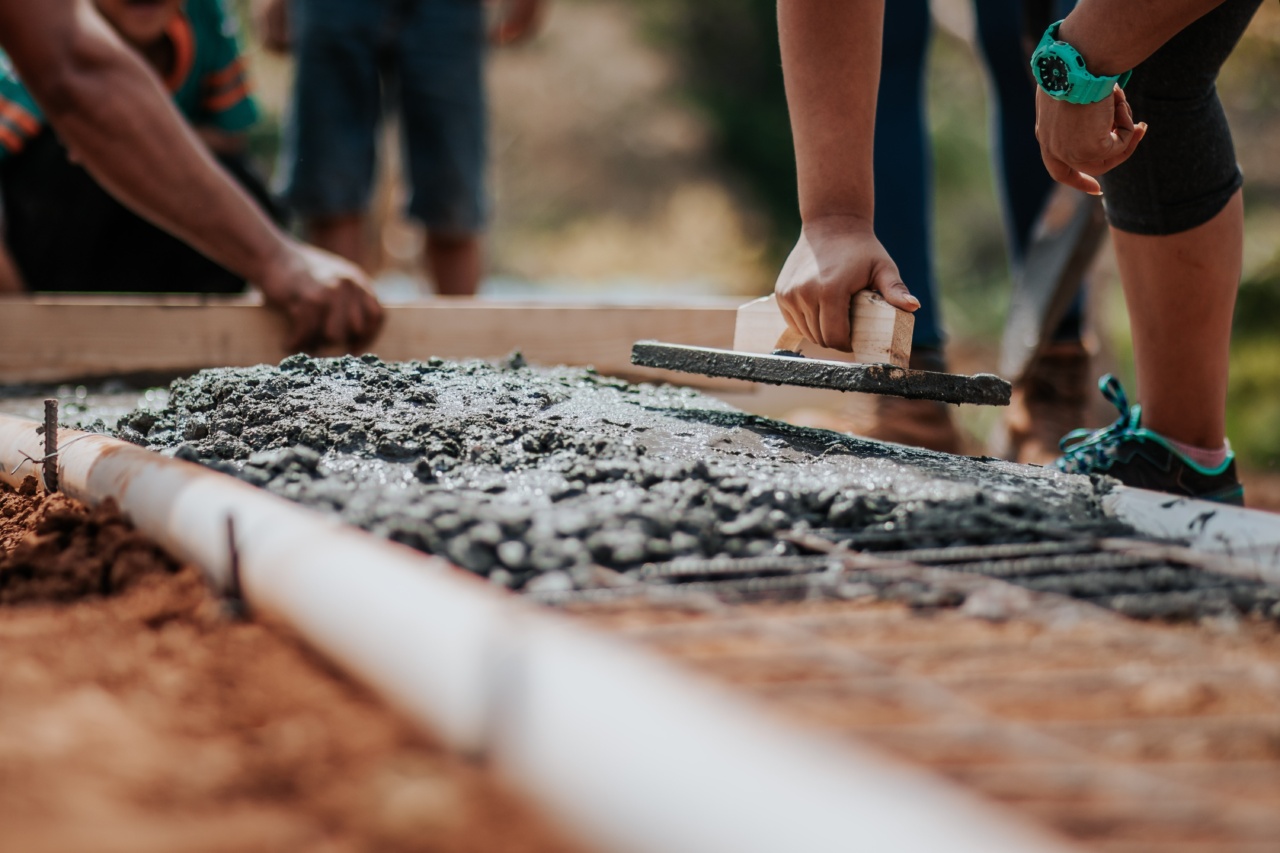Self-esteem plays a vital role in our overall well-being and success in life. It influences how we perceive ourselves, how we interact with others, and how we handle challenges.
Developing a strong sense of self-esteem is essential for personal growth and happiness. If you’re looking to boost your self-esteem and build a stronger self, here are some practical tools to help you on your journey.
1. Challenge Negative Self-Talk
One of the first steps in building a stronger self is to challenge and reframe negative self-talk. Negative self-talk can be detrimental to our self-esteem and can hold us back from reaching our full potential.
Begin by paying attention to your inner dialogue and identifying any negative thoughts or beliefs about yourself. Once identified, consciously replace them with positive affirmations and empowering statements. Over time, this practice will help rewire your brain and boost your self-esteem.
2. Set Realistic Goals
Achieving goals can contribute significantly to self-esteem. Set realistic and attainable goals for yourself, whether they are related to your personal life, career, or hobbies.
Break down your goals into smaller, manageable steps and celebrate each milestone along the way. The sense of accomplishment and progress will boost your confidence and build a stronger sense of self.
3. Practice Self-Care
Self-care is an important aspect of building self-esteem. Take the time to nurture yourself physically, mentally, and emotionally. Engage in activities that bring you joy and help you relax.
Prioritize self-care practices such as exercise, healthy eating, getting enough sleep, and engaging in activities that promote mental well-being, such as meditation or journaling. Taking care of yourself sends a powerful message that you value and love yourself, contributing to increased self-esteem.
4. Surround Yourself with Positive Influences
The people we surround ourselves with can significantly impact our self-esteem. Surround yourself with positive influences who uplift and support you. Distance yourself from toxic relationships or negative individuals who bring you down.
Build a network of friends and mentors who encourage your growth and provide a positive environment for you to thrive. Having a strong support system will contribute to a stronger sense of self-esteem.
5. Celebrate Your Strengths
Take the time to acknowledge and celebrate your strengths and achievements. Make a list of your accomplishments and qualities that you appreciate about yourself. Reflect on your abilities and talents and recognize the value you bring to the world.
Engage in activities that allow you to showcase and further develop your strengths. Celebrating yourself and your accomplishments will enhance your self-worth and improve overall self-esteem.
6. Embrace Failures and Learn from Them
Fear of failure can hinder self-esteem and personal growth. Instead of viewing failures as a reflection of your self-worth, reframe them as opportunities for learning and growth.
Embrace failures as stepping stones toward success and understand that everyone experiences setbacks along their journey. Learn from your mistakes, adapt, and keep moving forward. Embracing failures will strengthen your resilience and ultimately boost your self-esteem.
7. Practice Self-Compassion
Show yourself kindness and compassion in moments of self-doubt or difficulty. Treat yourself with the same understanding and empathy you would offer to a friend facing a similar situation.
Practice self-compassion by nurturing your inner child, offering words of encouragement, and forgiving yourself for past mistakes. Cultivating self-compassion will help you build a more positive and nurturing relationship with yourself, leading to increased self-esteem.
8. Step Out of Your Comfort Zone
Growth and self-esteem go hand in hand. Stepping out of your comfort zone and facing challenges can be uncomfortable but rewarding. Take small steps towards trying new experiences or facing your fears.
Each time you do, you will expand your comfort zone and build confidence in your ability to handle unfamiliar situations. By continuously pushing your boundaries, you’ll develop resilience and a stronger belief in your capabilities, which supports greater self-esteem.
9. Practice Assertiveness
Being assertive involves advocating for your needs and expressing your opinions and boundaries respectfully. Practicing assertiveness helps build self-esteem by strengthening your self-image and allowing you to have a voice.
Start by identifying your needs and communicating them directly and honestly, while also considering the needs of others. By practicing assertiveness, you’ll develop a stronger sense of self-worth and gain the respect of others, further enhancing self-esteem.
10. Seek Professional Support when Needed
If you’re struggling with low self-esteem, seeking professional support can be tremendously helpful. A therapist or counselor can provide guidance, techniques, and tools tailored to your specific needs.
They can help you explore underlying issues contributing to low self-esteem and assist you in implementing strategies for building a stronger sense of self. Don’t hesitate to reach out for professional help and support.
Building a stronger self-esteem takes time and effort, but the rewards are invaluable.
Implementing these practical tools in your daily life will gradually boost your self-esteem, improve your overall well-being, and empower you to live a more fulfilling life.





























